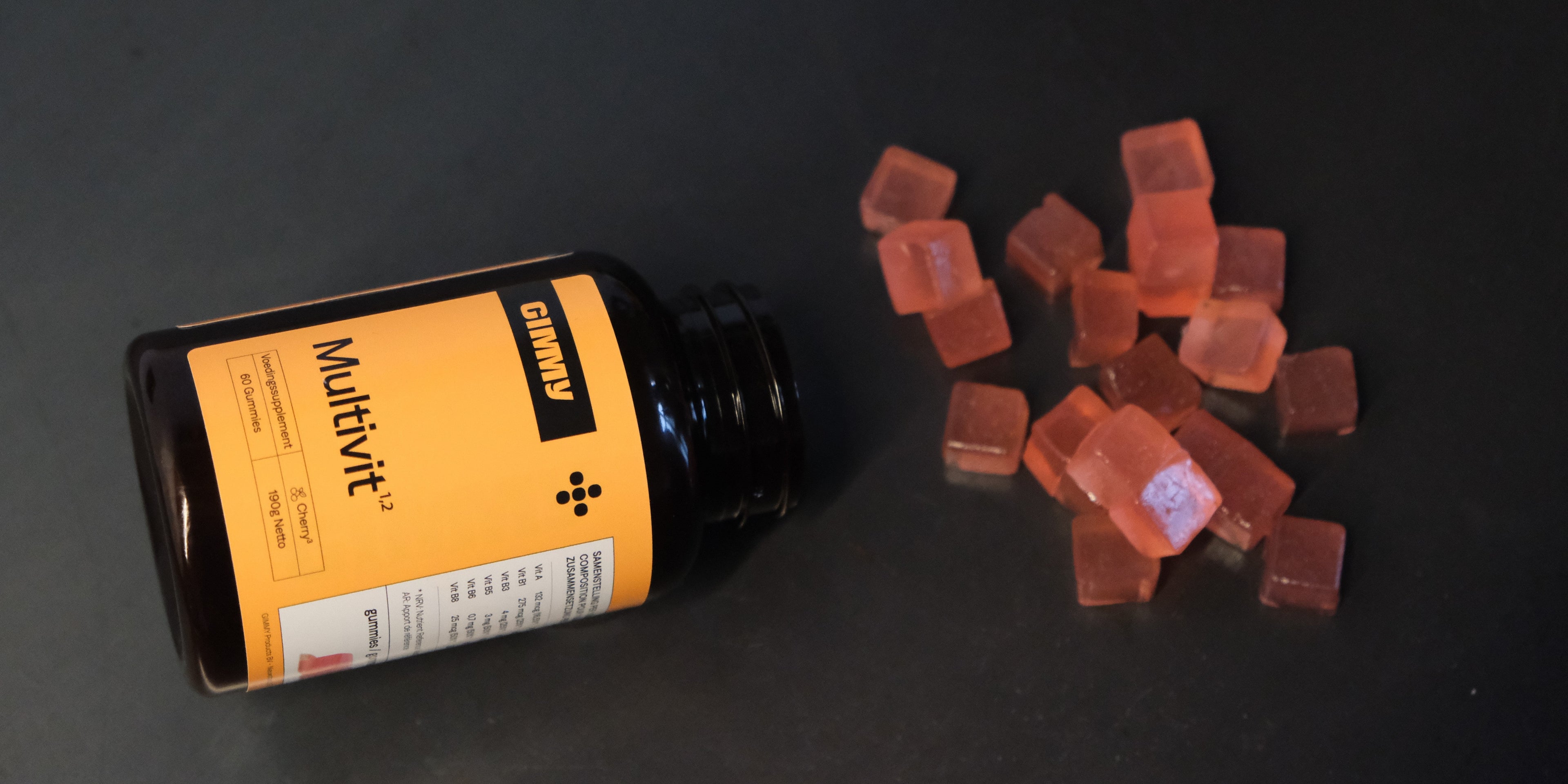Vitamin B1, also known as thiamine, is an essential water-soluble vitamin that plays a crucial role in energy production and nervous system function. Although the body stores only small amounts of this vitamin, regular intake through food or supplements is necessary to prevent deficiencies.
What is vitamin B1?
Vitamin B1 belongs to the B-complex of vitamins and is involved in the conversion of carbohydrates into energy. It also supports the functioning of the nervous system, muscles and heart. Because the body does not store vitamin B1 in large quantities, it is important to get enough vitamin B1 every day.
What does vitamin B1 do in the body?
Vitamin B1 plays several roles in the body:
-
Energy Production : It helps in the conversion of carbohydrates into glucose, which serves as fuel for the body.
-
Nervous System : Thiamine is essential for the transmission of nerve impulses, which is important for muscle contraction and reflexes.
-
Heart function : It supports the normal functioning of the heart and contributes to healthy heart function.
-
Digestion : Vitamin B1 plays a role in the production of hydrochloric acid, which is necessary for proper digestion.
Which foods contain vitamin B1?
Vitamin B1 is found in a variety of foods. Here are some sources:
-
Whole grains : Brown rice, oats, and whole wheat bread are rich in thiamine.
-
Meat : Pork in particular contains high amounts of vitamin B1.
-
Legumes : Lentils, beans and peas are good plant sources.
-
Nuts and seeds : Sunflower seeds and sesame seeds contain high amounts of thiamine.
-
Vegetables : Some vegetables, such as spinach and Brussels sprouts, also contain vitamin B1. Although of course these are not to everyone's taste... 😉
How much vitamin B1 do you need per day?
The recommended daily allowance (RDA) of vitamin B1 varies depending on your age, gender and stage of life:
-
Adult men : 1.1 to 1.2 mg per day
-
Adult women : 0.9 to 1.1 mg per day
-
Pregnant women : 1.4 mg per day
-
Breastfeeding women : 1.5 mg per day
These amounts may vary depending on your energy needs and your diet.
How do you get vitamin B1?
You can get vitamin B1 through:
-
Nutrition : Through a varied diet with some foods from these top 12 .
-
Supplements : The GIMMY Multivit Gummies contain all essential vitamins for daily support
-
Fortified foods : Some products are fortified with vitamin B1.
How does a vitamin B1 deficiency occur?
A vitamin B1 deficiency can be caused by:
-
Insufficient intake : With a one-sided diet or malnutrition.
-
Excessive alcohol use : Alcohol decreases the absorption and increases the excretion of thiamine.
-
Chronic diseases : Conditions such as HIV/AIDS or cancer can increase the need for vitamin B1.
-
Malabsorption : In conditions such as celiac disease or after stomach surgery.
Symptoms of a Vitamin B1 Deficiency
Signs of a deficiency may include:
-
Fatigue and weakness : Due to reduced energy production.
-
Irritability and concentration problems : Due to disturbance of the nervous system.
-
Muscle weakness and cramps : Especially in the legs.
-
Palpitations and shortness of breath : In case of severe deficiencies.
-
Beriberi : A condition that affects the nervous system and the heart.
-
Wernicke-Korsakoff syndrome : A serious neurological disorder often associated with chronic alcohol use.
How fast does vitamin B1 work?
With supplementation, deficiency symptoms may improve within days to weeks, depending on the severity of the deficiency and the dosage of the supplements.
When to take vitamin B1?
It is best to take vitamin B1 after a meal, as this can improve absorption. When using supplements, it is advisable to spread the intake over the day.
What is the maximum amount of vitamin B1 per day?
There is no set upper limit for vitamin B1 intake, as it is a water-soluble vitamin and excess amounts are excreted in the urine. However, it is important to avoid extremely high doses unless prescribed by a doctor.
Vitamin B1 and alcohol
Alcohol consumption increases the risk of vitamin B1 deficiency. For people who stop drinking alcohol, a vitamin supplement is often recommended to replenish deficiencies and prevent neurological damage.
💡 Fatigue After Quitting Alcohol: Causes and Solutions.
Vitamin B1 against mosquitoes: fact or fiction?
Some people claim that high doses of vitamin B1 can keep mosquitoes away by changing your body odor. There is no scientific evidence to support this claim. Therefore, using vitamin B1 as a mosquito repellent is not recommended as a replacement for proven effective products.
💡 Test Purchase helps you choose the best mosquito repellent.
How long does a vitamin B1 determination take?
A blood test to determine vitamin B1 levels can take several days, depending on the lab. The results help diagnose a deficiency and determine the appropriate treatment.



